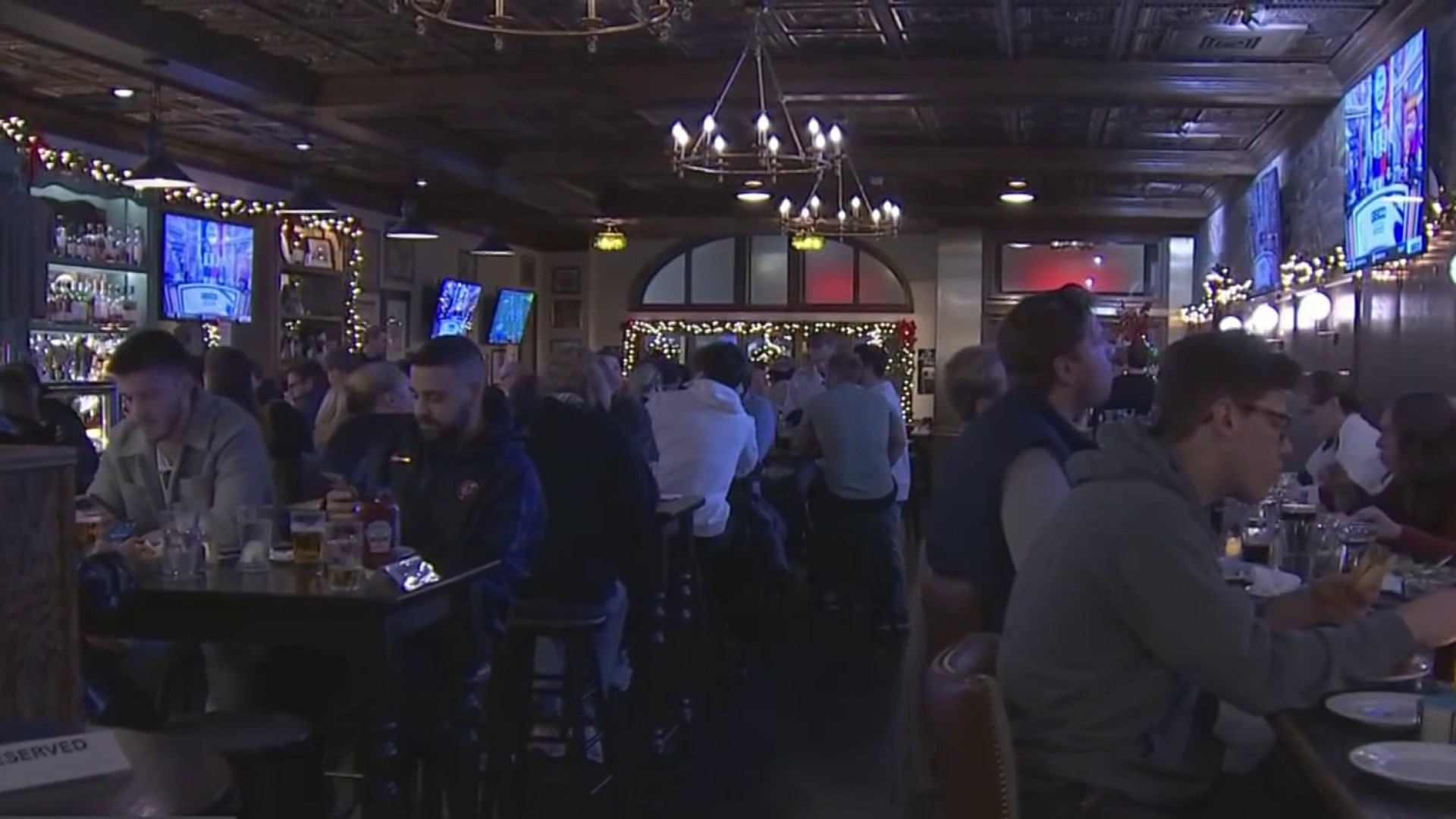Cecilia Granata is a tattoo artist, but with work shut down due to the pandemic, she’s been focusing on her other passion, illustrations. Granata posts her colorful designs on her website, where you can order prints, posters and masks.
But Granata started noticing her designs popping up on other sites, too, without her permission. Third-party sellers on Amazon are offering all sorts of products like bedding and masks with her designs on them. The sellers never responded to Granata’s requests to take them down, even though her designs are copyrighted.
“So they’re basically taking advantage of me or other artists’ work and time,” Granata said.
Granata also contacted Amazon, which only removed one of her designs from a vendor’s page, despite repeated requests to remove dozens more.
We've got the news you need to know to start your day. Sign up for the First & 4Most morning newsletter — delivered to your inbox daily. Sign up here.
Not only is she missing out on royalties, but the consumers who buy these products could lose out, too. Granata said that a lot of these items don’t even exist and they’re never shipped to the people who paid for them.
The Copyright Alliance agrees. “So if they’re ripping off one person, who’s to say they’re not ripping off other people, or stealing your identity or your credit card information,” said Keith Kupferschmid, president and CEO of the Copyright Alliance.
Local
Washington, D.C., Maryland and Virginia local news, events and information
The Copyright Alliance says there are millions of creators whose works are being stolen every hour of every day. The Digital Millennium Copyright Act is supposed to protect artists, but the alliance says the 1998 law is outdated and doesn’t hold online retailers accountable.
“What we’re trying to do is work with Congress and the U.S. Copyright Office to try to fix this system. The system is pretty broken right now,” said Kupferschmid.
Until that happens, consumers need to make sure to only buy from reputable retailers since it’s hard to spot stolen designs.
For artists like Granata, the process of trying to keep up with websites stealing her designs is like the game whack-a-mole. Just when she sends a demand letter to one website to take down her stolen designs, she finds another somewhere else.
“I’m an independent artist trying to make a living during a global pandemic,” Granata said. “Like, how bad is that? That these people are just exploiting the situation to their own advantage, it’s just like, ugh! Don’t even get me started.”
News4 reached out to Amazon and some of the third-parties selling Cecilia’s designs. None of them got back to us.



